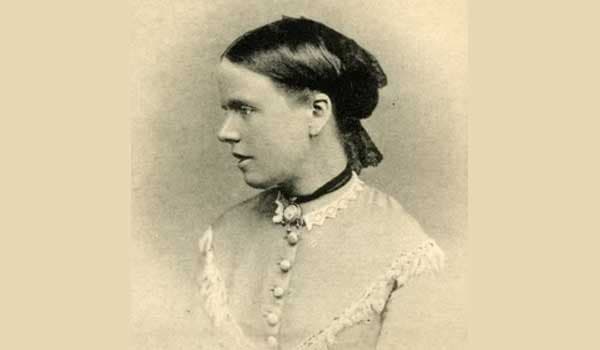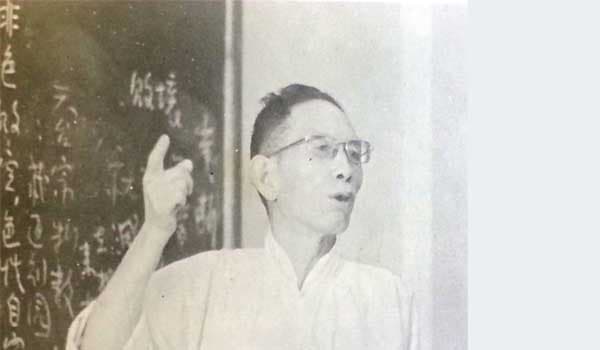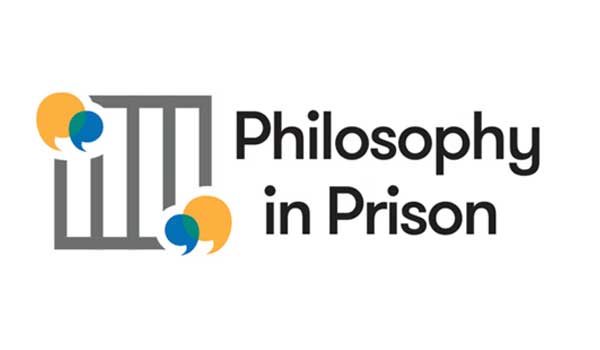Our research areas
Applied philosophy
The study of philosophy can feel highly abstract and remote from the real world at times, but much of the work that those who have studied philosophy do consists in applying philosophical methods, ideas, concepts, and arguments to real-world problems to create practical solutions. A particular strength of Philosophy at Lancaster is the large number of academic staff whose work bears on practical issues. These include moral and organisational questions (“applied ethics,” including topics such as decent work, public health, education, war, the media, social media, disability, and medical issues), aesthetic questions (such as the value of popular music, visual arts, or even the judgment of wines), and scientific issues (whereby philosophical enquiry considers the concepts and methods used in specific sciences or professions, such as psychiatry or biology).
Global philosophy
Although the word ‘philosophy’ has its origins in ancient Greece, the questions, discussions, and practices associated with this term have developed in a variety of cultural contexts from around the world for much of human history. At Lancaster we are interested in philosophical traditions that have until recently tended not to be included in philosophy curricula in Western universities, including Indian, Chinese, Islamic and African philosophies.
Women philosophers and feminist philosophy
At Lancaster we have several staff members interested in the philosophy of feminism, sex and gender, and in women’s historical contributions to philosophy across the ages, from the ancient period up to the present day. Further, all of our teaching draws on women thinkers as a vital part of the history and current practice of philosophy.
Philosophy of medicine and psychiatry, bioethics, health policy
A number of staff and PhD students work in the philosophy of medicine. We think about concepts of health and disorder, the future of medical technology, and the ethics of government action for health. We have notable strengths in the philosophy of mental health, where we work particularly on conceptual issues around diagnosis and classification, on the relationship between mental health and human flourishing, and on understanding particular conditions, such as autism, ADHD, and personality disorders.
Political philosophy
Political philosophy explores how best to arrange our collective life - through our political institutions, social practices and shared values, and through the economic, private and public structures that support them. Lancaster philosophers consider critical debates faced by both historical and contemporary communities about the boundaries, rights and duties of the state; values such as justice, freedom, equality, sovereignty, rights and power; foundational questions about the justification of state power and the rights and duties of people within political communities; and their application to critical contemporary debates around the nature and role of the just state – on topics such as gender and racial justice, global and local inequality, state and anti-state violence, migration, and political protest.
History of philosophy
Staff members work and teach on the history of twentieth-century analytic philosophy and ordinary language philosophy; the work of John Stuart Mill, Kant, and Hegel; nineteenth-century philosophy in Britain and Germany; the history of religious and atheist thought; and the history of radical socialist and anarchist political thought.








